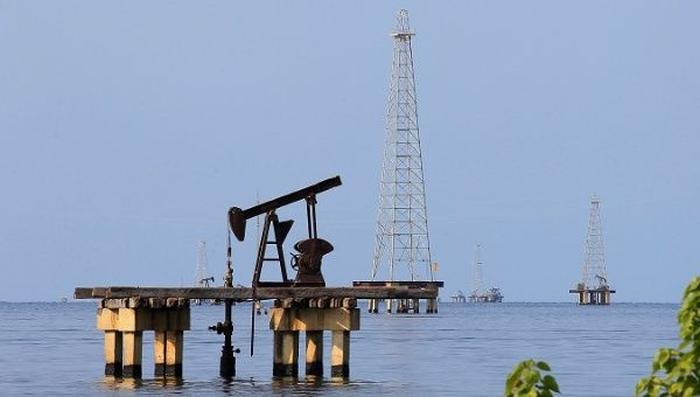
President of Petroleos de Venezuela (PDVSA), Manuel Quevedo, said Tuesday that the Venezuelan state-owned company will modify its operations to combat new U.S. sanctions, which will affect its previous international contracts.
“Any ship leaving a Venezuelan port, carrying our people’s oil, must pay for the oil before leaving the port,” Quevedo said and added that “we will not allow them to take our oil and steal our resources.”
The measure establishes a new way of dealing with international buyers. Previously, PDVSA contracts with customers allowed for oil payments to be made 30, 60 or even 90 days after delivery.
The soon-to-be-implemented rules come after U.S. President Donald Trump’s administration announced sanctions, Monday, against PDVSA and its U.S. subsidiary, Citgo, which threatens to affect assets valued at some US$7 billion.
By establishing this sanction and oppressing the Venezuelan economy, the United States seeks to force the Bolivarian Republic’s President Nicolas Maduro to transfer power to the U.S.-backed self-declared leader Juan Guaido, who is the head of parliament.
Quevedo also stated that the PDVSA will publish additional measures so that buyers can note “contractual variations.”
“PDVSA can not fulfill under [the previous] contractual conditions some commitments that we have in the U.S. market. We are evaluating all the options to impact, as little as possible, the world’s oil market,” the PDVSA chief added.
According to experts, the U.S. sanctions against PDVSA is a direct attack on the cash flow of Venezuela, a country which extracts almost 96% of its income from international oil sales. In addition, the U.S. restrictions will adversely affect the supply of basic goods and fuels.
In Venezuela, which has the world’s largest proved reserves of crude oil, PDVSA produced an average of 1,137 million barrels per day in Nov. 2018, according to OPEC data.
 Escambray ENGLISH EDITION
Escambray ENGLISH EDITION





Escambray reserves the right to publish comments.